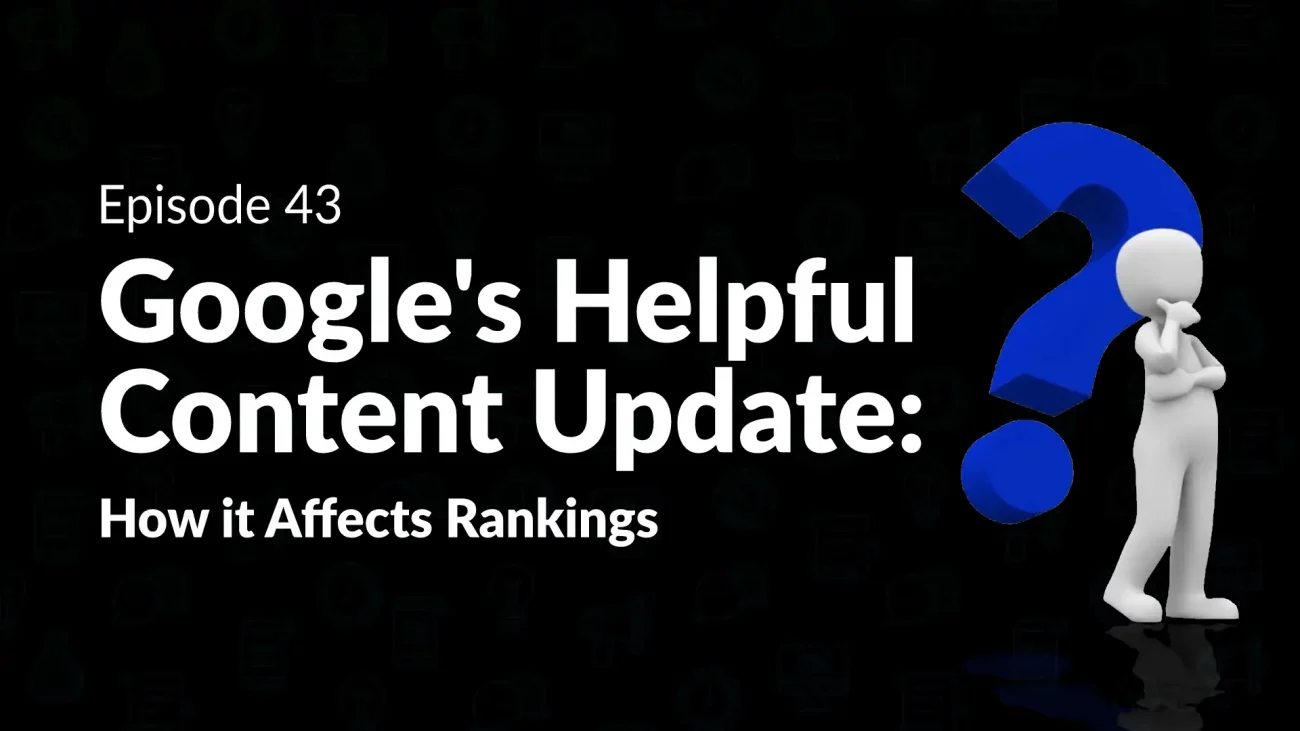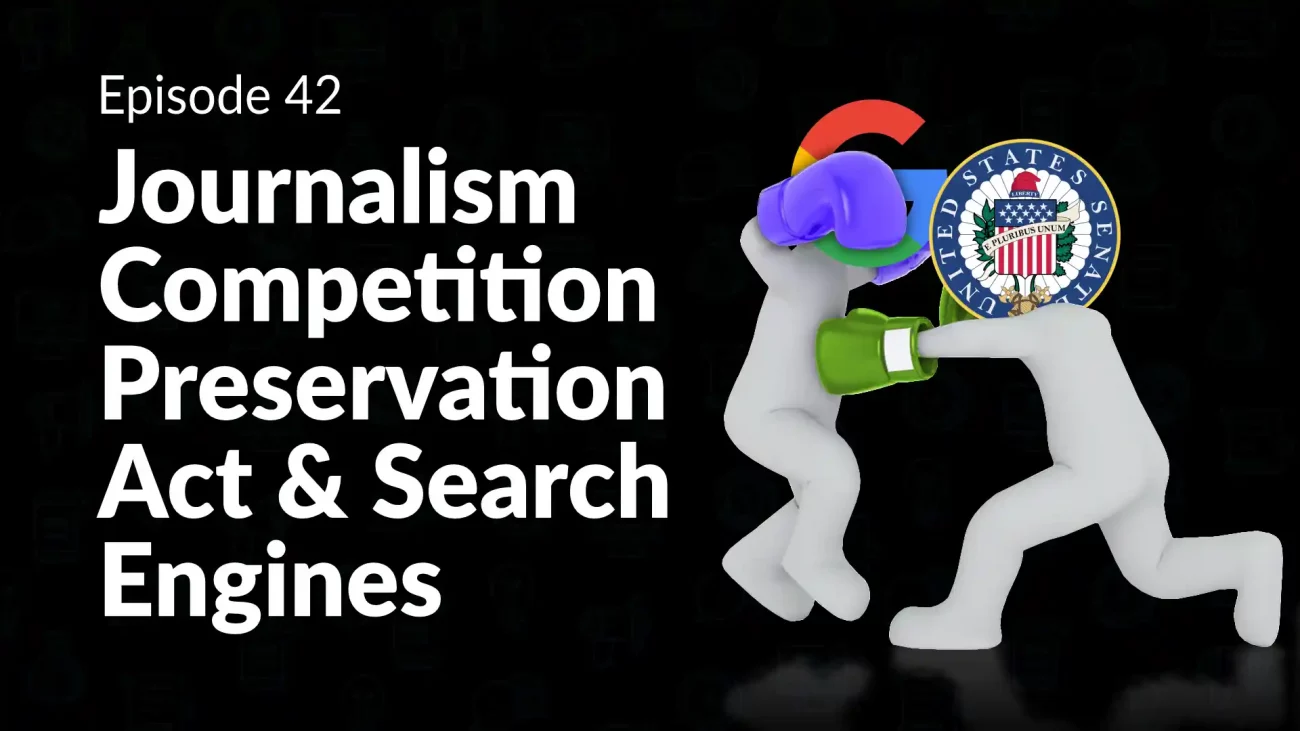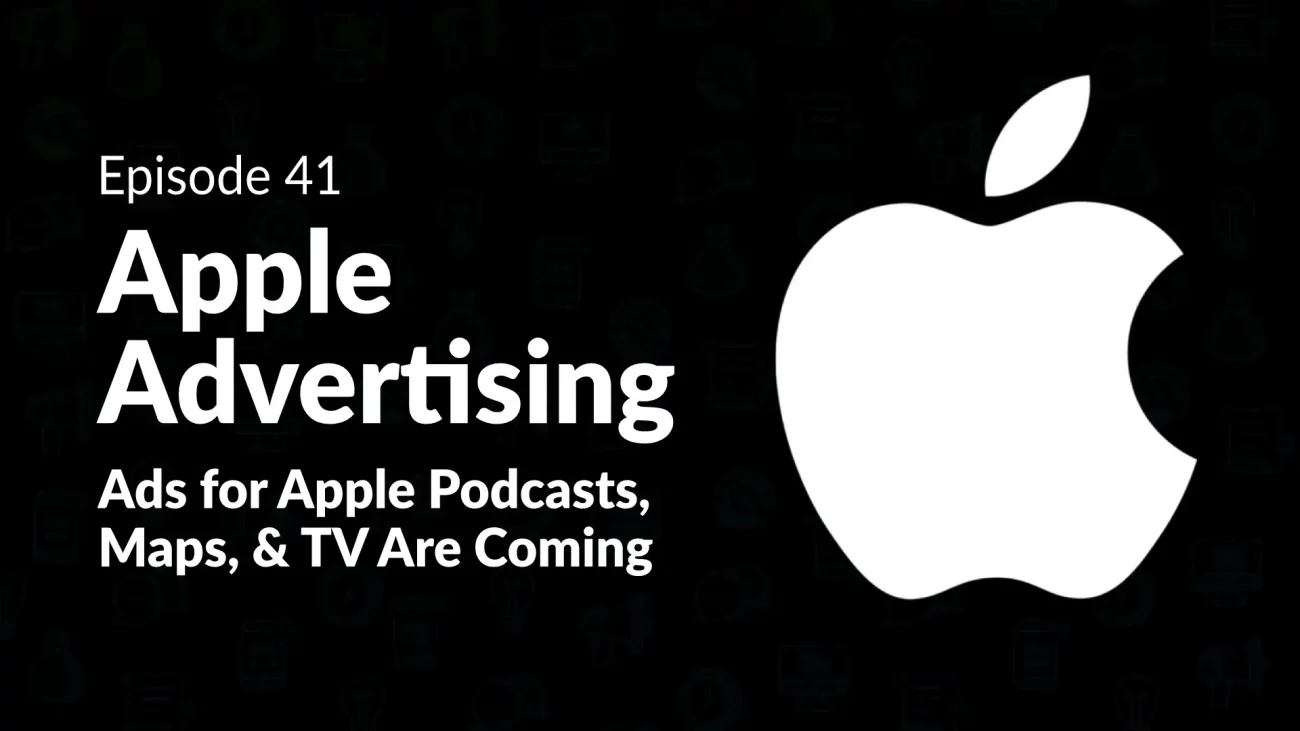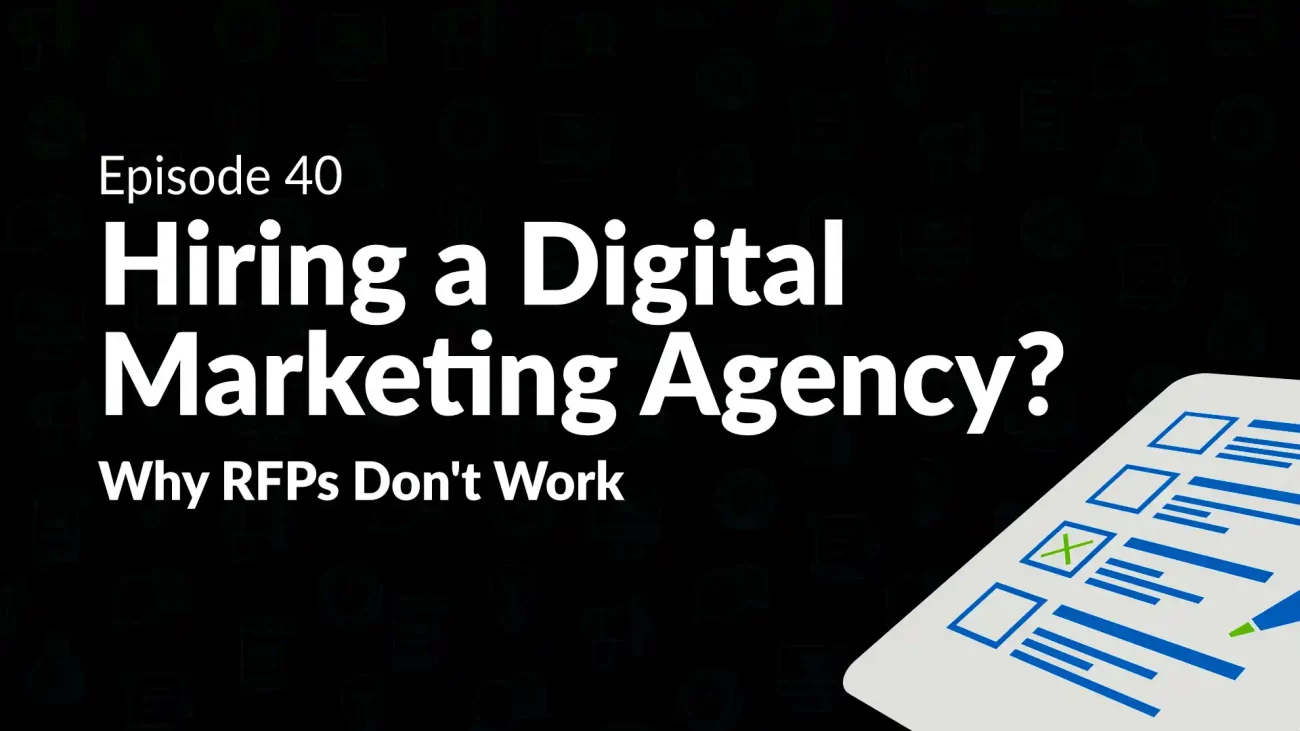Episode 36: Actionable Insights: The Only Part of a Report that Matters
We are a data-driven agency. As such, we believe that all data, good and bad, must be reported on. More importantly, we believe that reporting needs to be actionable (as we discussed in episode 33). In our experience, too many agencies serve their clients fluff reports where all graphs are up and to the right. While it is important and satisfying to measure what has gone well, it is often more effective to identify areas of poor performance. This allows your agency to tell a complete story of your marketing initiatives and adjust your strategy as needed, keeping what is working while improving areas where the campaigns struggle. Canned reports and hand-selecting positive results provide little actionable insight. Digging deeper reveals opportunities to better reach your goals. It is these opportunities that help drive continuous improvement.
In this week’s Digital Marketing Mondays, Hans and Devin discuss the likelihood that you’re missing opportunities to improve the performance of your ads and organic rankings, especially when everything seems too good in the reports you are getting from your agency. They also go over what you need to do to ensure you are getting the insights you need from your data.
Transcription:
Devin:
You’re listening to Digital Marketing Mondays. Each week, we bring you new and exciting content from around the marketing industry and help give you, the marketer, insights into what’s happening. We’ll offer our advice and share some takeaways to help you develop better strategies for your marketing. Ideally, this will also help you improve your ROI as well. So with that, let’s tune into this week’s episode.
Hans:
Hey, all right, Devin. So I got a topic for us today. I’ve had incidences, particularly with prospective customers, where we’re talking about what they’re doing with their digital marketing, and it is revealed that they’re either internally generating reports on a say, monthly basis on various KPIs, or they’re getting those reports from their agency. And further questioning, we’d like to see some of the reports to see what they’re seeing. And often there’s sort of a chagrined look on their face and they go, “Honestly, we don’t really understand what most of this stuff means.” Right? When they hand you a stack of 15 pages.
And what’s often the case is I look over that report and I go, “You know what, it’s no wonder you can’t tell what’s going on here because this is just a bunch of data. A lot of it is pretty irrelevant. In fact, there’s very little, really useful data in here that you can draw conclusions from. You’re just getting deluged with data, a data dump as it were, and not really the insights. The real data, the real facts, the data behind the data, so to speak. So the insights and the strategies and the takeaways from that data, that’s missing. And that’s really what you’re after.”
So why don’t we talk a little bit, what do you suppose are the questions that people want to get answers to that they’re not getting necessarily out of their reports all the time that we see when we meet new folks out there in the marketplace?
Devin:
Sure. This is a big topic. And what’s really interesting about it is that, I consider reporting to be relatively subjective in nature, in that if a client is working with an agency or multiple agencies, the agencies are going to report on the metrics that they think matter. But ultimately in some cases, a pretty severe misalignment in that understanding. And so reporting could be substantially off from what the client would generally expect. I think, and especially agencies are prone to this more so than anybody else, actually really even internal marketing teams, want to report on the good things that happen, right? Nobody wants to report on the bad news or the activities that may have driven lesser results than previous months or previous years. So generally reporting is biased in that it’s geared towards what were the good things and calling up the spotlights and not diving too far into details.
But the problem is, details matter. They matter because ultimately the details are what will help impact driving strategy and tactics moving forward. And I’ll give you a great example. We had a client that handed us a paid ads and organic reports from one of their other agencies that they’re working with. And there were a lot of good things in the report. They called out good news, but it had absolutely no recommendations around, what do you actually do with this data? What type of insight are you getting from it that will help inform your strategies moving forward to achieve your goals? And I think that’s the most important takeaway in my opinion about reporting, is that reporting needs to be actionable. It’s obviously giving insight into what previously happened. And I would say it should be an unbiased view. The good and the bad. Because ultimately an agency is not responsible to only drive good results and same with internal marketing teams too. Not just responsible for driving good results, but driving continuous improvement, I think should be the goal.
Hans:
Good point. Good point. Yeah. And to that note, you mentioned the word goals in there, which caught my eye because a lot of these reports look like they’re canned and they follow the same format from one client to another. And different clients have different goals. Some are trying to create market share. Some are creating market awareness. Some people are strictly focused on generating leads and building their marketing lists and what you do, what your strategy would be, really is dependent on your goals, right? So your reporting should really kind of reflect what it is that that client is trying to accomplish. Right?
Devin:
Absolutely. It’s amazing to me that even internal marketing teams and agencies alike find canned reports for what were the number of impressions, total number of impressions, total number of clicks and that they expound on that within their ads reporting. Or from an SEO side, they say, “Here was the total organic traffic, and that’s all fine and good. Don’t bother to question anything else.” I think that’s a big opportunity that really clients should be aware of, is asking those types of pointed questions. “Well, what about this. Did we think about that? Are there other influences that could be at play here?” And then of course the big question, “What are the actionable takeaways, things that we’re going to do to try and get some further improvement?”
Because I do think unless you’re absolutely crushing your business goals with your ad campaigns or your ranked position one organically for every single term you ever could possibly want. In which case, congratulations, you’ve hit marketing Nirvana. But if you’re not there, like I would suspect 95% of the listeners are, then I think the goal is, keep improving. Keep targeting those activities and those strategies that are going to drive that improvement. And that’s what really reporting should be all about. Similar to what I said on the last episode, talking about the KPIs. The reporting is just providing that mechanism to be able to report on the good and the bad of those KPIs and then really leverage the knowledge and the expertise you have at your disposal to build strategies appropriately.
Hans:
Yeah. Yeah. So the real value is interpreting the results and communicating that interpretation. Here’s what the data’s telling us and this is what it means, right? And then the other thing I think is often missing, that I’ve seen is often missing from rewards that I like to see, is I like to see trending data. “Okay, hey, this month we did this, this, and this.” Okay, great. But how does that compare? You mentioned earlier an agency should be working on continuously improving the results, right? That’s the things you want to keep improving. And if you don’t look at trend data, well, you don’t know if, “Okay, these are the results for this month, that’s great. But how does that compare to last month and the month before?” So I really like looking at trending data as well as part of telling the story of what’s really going on.
Devin:
Absolutely. So I think the big takeaway for listeners is that if you’re getting reports that you don’t understand, first: don’t hesitate to send them our way, we’ll help guide you through them. But if you don’t decide to go that route, which is totally fine, then I think the next step for you should be to ask critical questions, either of other marketing stakeholders in your team or of agencies that may be providing them. Really pick through these reports with a fine-toothed comb. What are the questions that come up to you? What are the things that seem to stand out? Big changes or big differences in even what was reported on? And I think those are just great starting places for driving into conversation.
And I do think accountability related to, if your reports are looking all fluffy and everything’s up and to the right, might be time to also ask the question, “Well, what are the things that were down and to the right? What were the bad? Give me the broccoli. I want the broccoli here, not just the chocolate cake.” So I think those are important things that folks should be considering.
Hans:
Great. Great. Well I think it’s good advice. Thanks Devin. I think it’s a good piece of advice there for folks. The data’s important, but the interpretation and the actionable strategies from that and how those align with your goals is really the most important thing. So don’t lose focus on that. Thanks Devin. All right, so let’s wrap this up. We’ll talk later.
Devin:
Sounds good. Thanks Hans.
Hans:
Yep. Bye.
Devin:
Thank you so much for tuning in. We really appreciate you taking the time out of your busy day to engage with our content. Whether you’re watching on YouTube or subscribed on our podcast apps, we appreciate you taking the time. Make sure to leave a comment down below and let us know any feedback that you have for us. We’re always watching the comments and engaging in any way that we can. So if you find this content useful, also make sure to subscribe or give it a big thumbs up. We appreciate it. Thanks so much.









